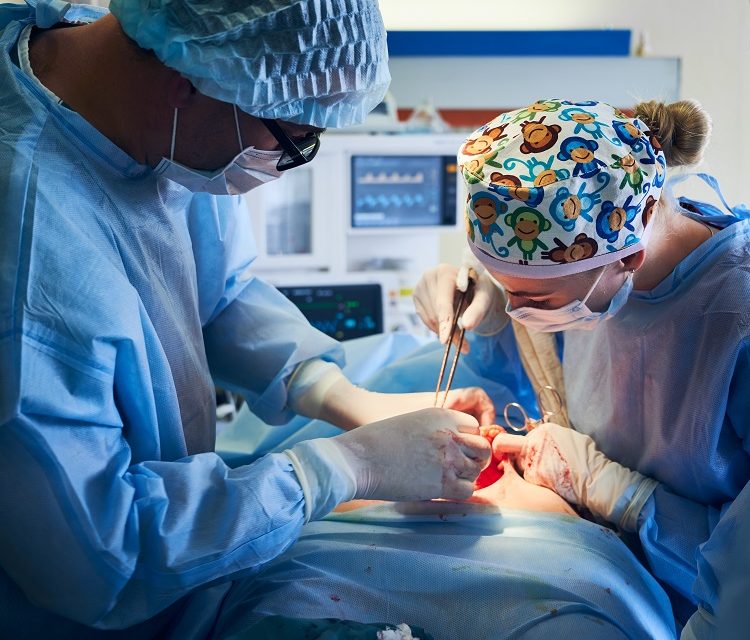A growing body of evidence indicates that breast implant-associated anaplastic large cell lymphoma (BIA-ALCL) is associated with the use of certain breast implants. Regional variations have been reported, and a genetic susceptibility has also been suggested. However, large variations in the ability to correctly diagnose BIA-ALCL and to further report and register cases exist between countries and may in part explain variations in the demography.
A survey was conducted by The European Association of Societies of Aesthetic Plastic Surgery E(A)SAPS and sent to 48 European countries. The primary aim was to identify the total number of confirmed cases of and deaths from BIA-ALCL in each country during four consecutive measurements over a two-year period.
An increase in BIA-ALCL cases during four repeated measurements from a total of 305 in April 2019 to 434 in November 2020 was reported by 23 of the 33 responding countries. A nearly 100-fold variation in the number of cases per million inhabitants was noted, where Netherlands had the highest rate (4.12) followed by Finland (1.99). Countries with the lowest reported rates were Austria (0.078), Romania (0.052) and Turkey (0.048).
The current study displays a notable variation ßin the number of confirmed BIA-ALCL cases across Europe, even for countries with established breast implant registers. Variations in diagnosis and reporting systems may explain the differences, but the influence of genetic variations and the prevalence of high-risk implants cannot be excluded. Incomplete sales data along with medical tourism preclude an absolute risk assessment.
This journal requires that authors assign a level of evidence to each article. For a full description of these Evidence-Based Medicine ratings, please refer to the Table of Contents or the online Instructions to Authors www.springer.com/00266 .
© 2021. The Author(s).
Considerations on the Demography of BIA-ALCL in European Countries Based on an E(A)SAPS Survey.


